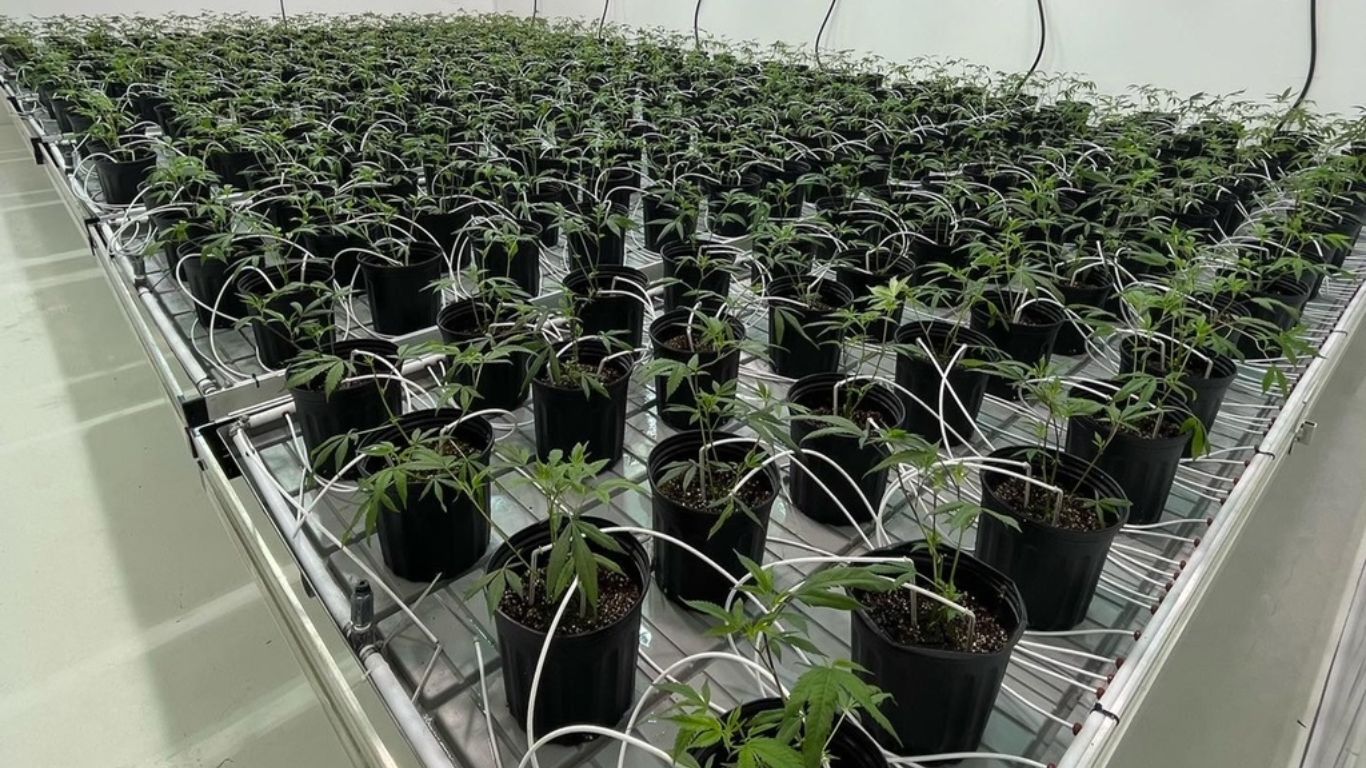
Some BC First Nations leaders say they have become frustrated with the lacklustre enforcement of provincial rules for cannabis businesses operating on First Nations land.
Leaders with Williams Lake First Nation (WLFN), which operates four cannabis stores as well as a micro cultivation facility in BC’s interior region, say they are concerned with the un-level playing field created by the province’s policy of not enforcing provincial cannabis regulations for businesses operating on First Nations land.
“WLFN is extremely concerned about the ongoing proliferation of unregulated cannabis businesses on First Nations lands,” says Kirk Dressler, the Director of Legal and Corporate Services with the WFLN and the CEO of both Nations’ Unity Cannabis and Sugar Cane Cannabis.
Although many assume that businesses that operate on First Nations land are Indigenous-owned and benefit the communities, Dressler argues the truth is much less rosy.
“Many (if not most) of these businesses are owned and operated by non-Indigenous individuals who are exploiting the protection afforded by an assertion of sovereignty with respect to First Nation Reserve Lands. Most of these unregulated businesses have no standards in place for testing, no systems for keeping records, and no monitoring of any kind to ensure that products aren’t being sold to youth and children. And disturbingly, there is often a link to organized crime.”
Although WLFN did not participate in a recent lawsuit from 14 different BC cannabis retailers, they say they sympathize with the intent of the suit and share the same frustrations expressed by those businesses who argue the province has failed to uphold their own rules and regulations. They have also recently sent a letter to the BC government outlining their concerns with the lack of enforcement.
“WLFN is not surprised that retailers in the Okanagan have taken the drastic step of commencing legal action against the Province of British Columbia,” continued Dressler in an email to StratCann. “Like the plaintiffs in that case, WLFN has invested hundreds of thousands of dollars in legal cannabis retail infrastructure in the Okanagan, and has lost hundreds of thousands of dollars more as a result of the way the Province is operationalizing its legal framework.”
Dressler argues that if the government is going to seek to help First Nations in the cannabis space, they should be better assisting those operating within the legal framework rather than turning a blind eye to those operating outside of it.
“To be clear on our line of thinking—the province has previously (and repeatedly) maintained that provincial laws are laws of general application and that the CCLA and CDA apply on reserve. So we’re left to assume that the lack of enforcement has more to do with reconciliation, respect for Indigenous communities and a desire to see the advancement of Indigenous business than it does with jurisdiction.
“But if reconciliation and the advancement of Indigenous business is the goal, aren’t Unity Cannabis and Sugar Cane Cannabis (as genuine 100% indigenous-owned enterprises) companies that should be shown the greatest deference by the Province?”
While the provincial government is largely ignoring many of these unlicensed operators as long as they operate on First Nations land, he says legal businesses face an enormous amount of oversight and legal scrutiny.
“All the energy and effort with respect to compliance and enforcement has been directed at licensed operators, while the Province has chosen to do nothing with respect to those who are operating in the grey market (particularly on First Nation Lands). This isn’t a matter of a “policy decision”—there is a law in place, and it seems relatively clear. The Province has simply made operational decisions not to take enforcement action.”
BC’s Minister of Public Safety and Solicitor General Mike Farnworth has also acknowledged this approach. While the province, he explained in 2020, takes the position that BC’s Cannabis Act is a “law of general application” that applies to all of British Columbia, including First Nations’ land, Farnworth says there is a concern that this interpretation could be “tested” by actions such as enforcement.
“With cannabis, like a number of other issues when it comes to First Nations, our view, the province’s view, is that yes, they are laws of general application,” said the Minister. “Just as with some other issues, First Nations have said, ‘No. These are areas of our jurisdiction,’ and that’s both at the provincial level and at the federal level.”
“On numerous occasions, these are often tested in court, sometimes with a decision that, yes, they do come under First Nations jurisdiction, and that has far-reaching effects.”
Christina Clarke, the Corporate Executive Officer for the Songhees Development Corporation, which operates a provincially-licensed cannabis retail store on Songhees land, says the issue is complex and often misunderstood by the general public and by those in Canada’s Indigenous community.
Although Clarke says she doesn’t oppose the different approaches taken by some First Nations in BC in regard to cannabis production and sale, she says that the province’s lack of enforcement of their own laws has created an unlevel playing field for First Nations like Songhees that have opted to work within the legal framework.
“Because of the respect First Nations have for the autonomy of other First Nations—they have the right to take a stand in that way and they have the right to put that forward as their position—but it can damage the business of those of us working in this industry on the regulated side. So we will benefit if those are shut down or made to bring their products into regulatory compliance. It will put us all on an even playing field.”
And while Clarke says she sympathizes with the “sovereignty” argument, she highlights that there is no court precedent for that when it comes to cannabis. Such approaches, she argues, could actually damage overall sovereignty arguments—something she says she’s heard from legal counsel for other First Nations.
“You can’t argue that you were selling cannabis before and so we can do it now. You can’t claim that. And if you try to stretch that, you kind of damage the things where you legitimately can claim that.”













